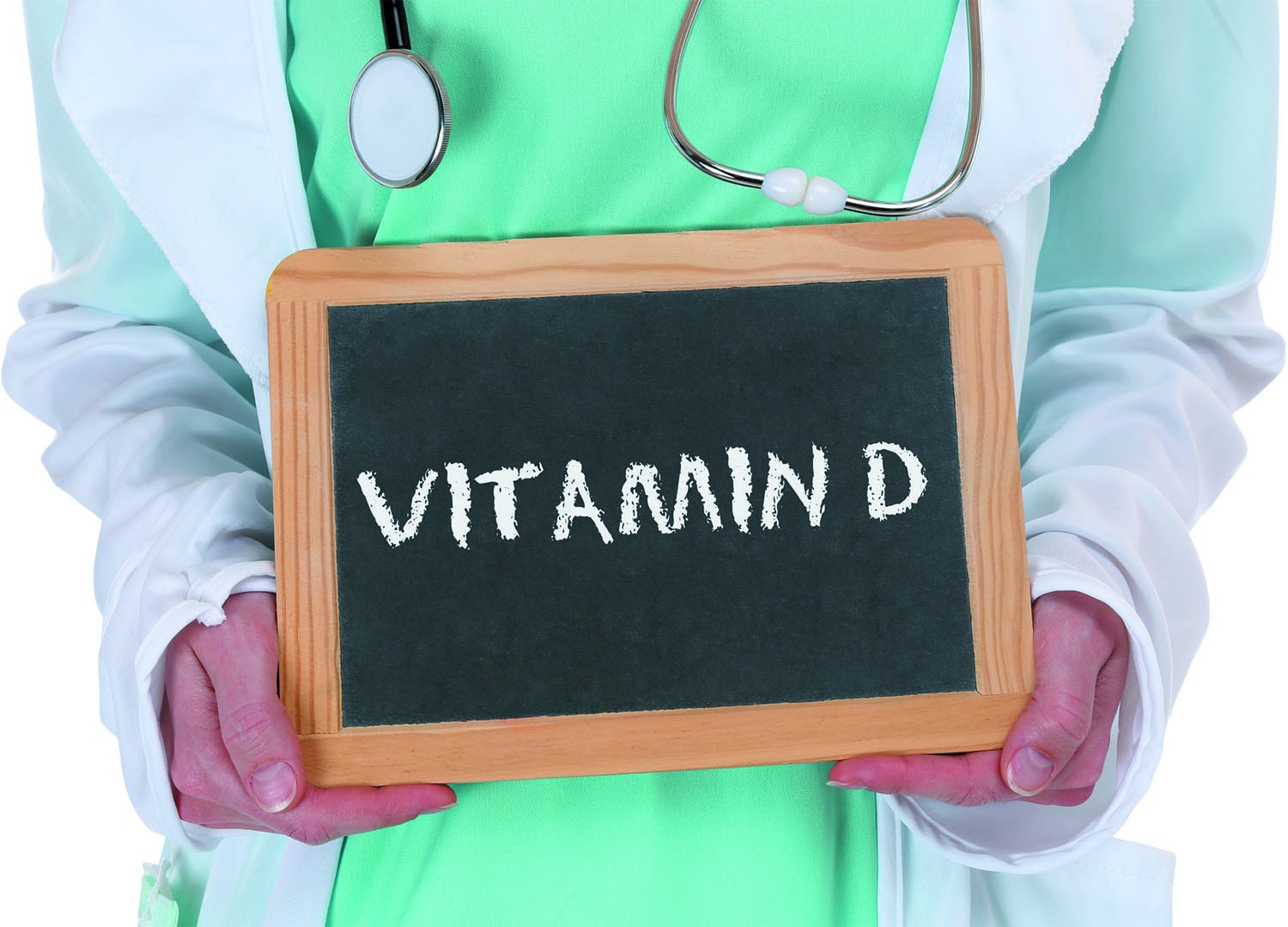Listen To Your Body: 5 Symptoms Of Vitamin And Mineral Deficiencies
Multivitamins are a combination of essential vitamins and minerals that can help fill in nutritional gaps and support overall health. Unfortunately, many people do not consume enough of these essential nutrients through their diet, particularly in today’s fast-paced world where processed food consumption is common. Studies have shown that vitamin and mineral deficiencies can lead to a range of health issues, including weakened immune systems and anemia. Multivitamins can provide a convenient and effective way to ens ure the body has all the essential nutrients it needs. Research has also shown that multivitamin suppleme ntation can provide various health benefits, including reducing the risk of age-related macular degeneration and improving cognitive function in older women. Multivitamins can also be particularly beneficial for pregnant women and older adults. It’s important to choose a high-quality multivitamin that contains a variety of essential vitamins and minerals in appropriate amounts, and to consult with a healthcare professional t o determine if a multivitamin is right for you.
Having a balanced and nutritious diet is essential for maintaining good health, and vitamins and minerals are crucial in this regard. However, many people do not consume sufficient amounts of these essential nu trients, which can lead to deficiencies that can cause a range of health problems. In this article, we will dis cuss five common signs that indicate you may be deficient in vitamins and minerals.
- Fatigue and Weakness: If you feel tired and weak despite getting enough sleep and rest, it could be a sign of an iron or vitamin B12 deficiency. Iron plays a crucial role in transporting oxygen throughout the bod y, while vitamin B12 is essential for nerve function and red blood cell production.
- Brittle Nails and Hair: If your nails and hair are brittle and break easily, it may be a sign of a biotin defici Biotin, also known as vitamin B7, is an essential nutrient for healthy hair, skin, and nails.
- Cracks and Sores in the Corners of Your Mouth: If you have cracks or sores in the corners of your mou th, it could be a sign of a deficiency in vitamins B2 and B6. These vitamins are important for the metabolis m of fats and carbohydrates.
- Slow Wound Healing: If you notice that cuts and bruises take longer than usual to heal, it may be a sign of a vitamin C or zinc deficiency. Vitamin C is essential for collagen production, which is necessary for wo und healing, while zinc is necessary for immune function and tissue repair.
- Muscle Cramps and Spasms: If you experience muscle cramps and spasms, it may be a sign of a mag nesium deficiency. Magnesium plays a vital role in muscle and nerve function and is involved in many bio chemical reactions in the body.
If you are experiencing any of these symptoms, it’s essential to consult a healthcare professional. They ca n perform tests to determine if you are deficient in any vitamins or minerals and recommend dietary chang es or supplements to correct the deficiency. Eating a balanced diet that includes a variety of fruits, vegeta bles, whole grains, and lean proteins can help ensure that you are getting all the essential nutrients your b ody needs to stay healthy.
In conclusion, vitamins and minerals are essential for maintaining optimal health, and deficiencies can ca use a range of health problems. It is crucial to pay attention to the signs of deficiency and take necessary steps to address them to prevent further health complications. Supplementation is a useful strategy to add ress vitamin and mineral deficiencies. A high-quality supplement can provide essential nutrients that the b ody may lack due to dietary insufficiencies or other factors. Supplements are available in different forms, such as capsules, powders, liquids, and pills, and can be easily found in health food stores or online. Howe ver, it is important to remember that supplements should not replace a balanced diet. Nutrient-rich foods s hould always be the primary source of essential nutrients, and supplements should only be used to support specific nutrient requirements. Before starting any supplement regimen, consult with a healthcare profe ssional to ensure its safety and effectiveness for your individual needs



